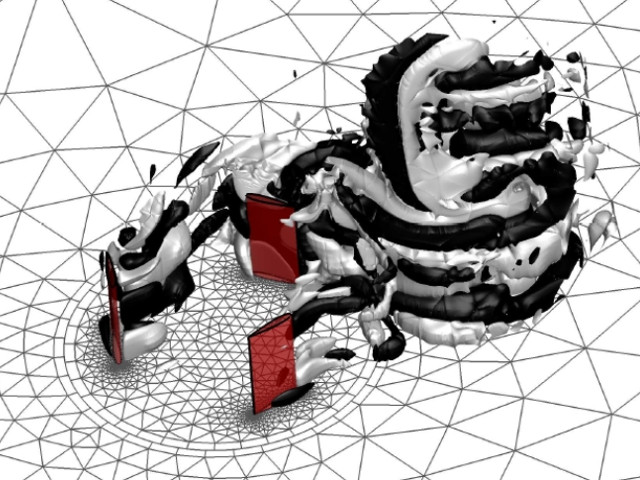Authors
F. Garcia-Gutierrez, A. Delgado-Alvarez, C. Delgado-Alonso, J. Díaz-Álvarez, V. Pytel, M. Valles-Salgado, M. J. Gil, L. Hernández-Lorenzo, J. Matías-Guiu, J. L. Ayala, J. Matias-Guiu
Journal Paper
https://onlinelibrary.wiley.com/doi/10.1002/gps.5667
Publisher URL
https://onlinelibrary.wiley.com
Publication date
December 2022
Background: Neuropsychological assessment is considered a valid tool in the diagnosis of neurodegenerative disorders. However, there is an important overlap in cognitive profiles between Alzheimer’s disease (AD) and behavioural variant frontotemporal dementia (bvFTD), and the usefulness in diagnosis is uncertain. We aimed to develop machine learning-based models for the diagnosis using cognitive tests. Methods: Three hundred and twenty-nine participants (170 AD, 72 bvFTD, 87 healthy control [HC]) were enrolled. Evolutionary algorithms, inspired by the process of natural selection, were applied for both mono-objective and multi-objective classification and feature selection. Classical algorithms (NativeBayes, Support Vector Machines, among others) were also used, and a meta-model strategy. Results: Accuracies for the diagnosis of AD, bvFTD and the differential diagnosis between them were higher than 84%. Algorithms were able to significantly reduce the number of tests and scores needed. Free and Cued Selective Reminding Test, verbal fluency and Addenbrooke’s Cognitive Examination were amongst the most meaningful tests. Conclusions: Our study found high levels of accuracy for diagnosis using exclusively neuropsychological tests, which supports the usefulness of cognitive assessment in diagnosis. Machine learning may have a role in improving the interpretation and test selection. © 2021 John Wiley & Sons Ltd.



